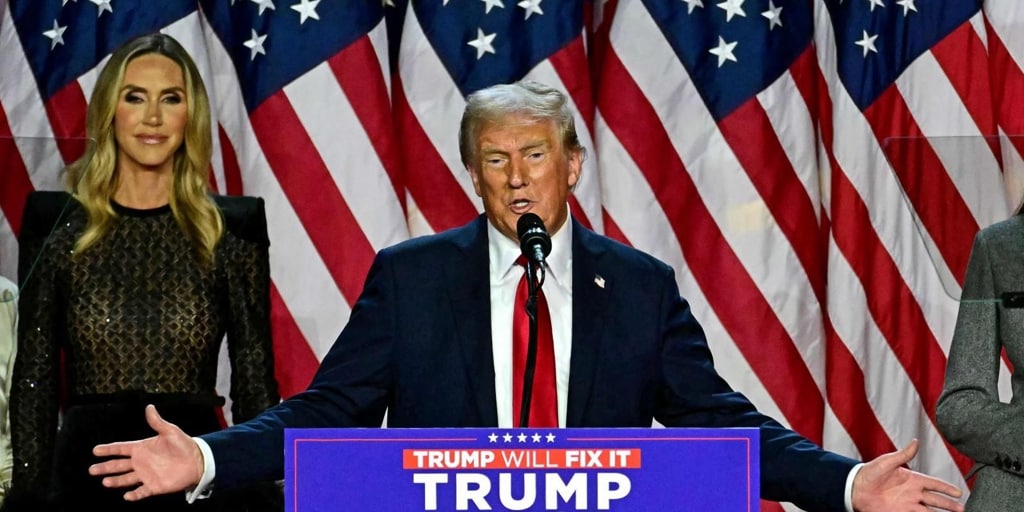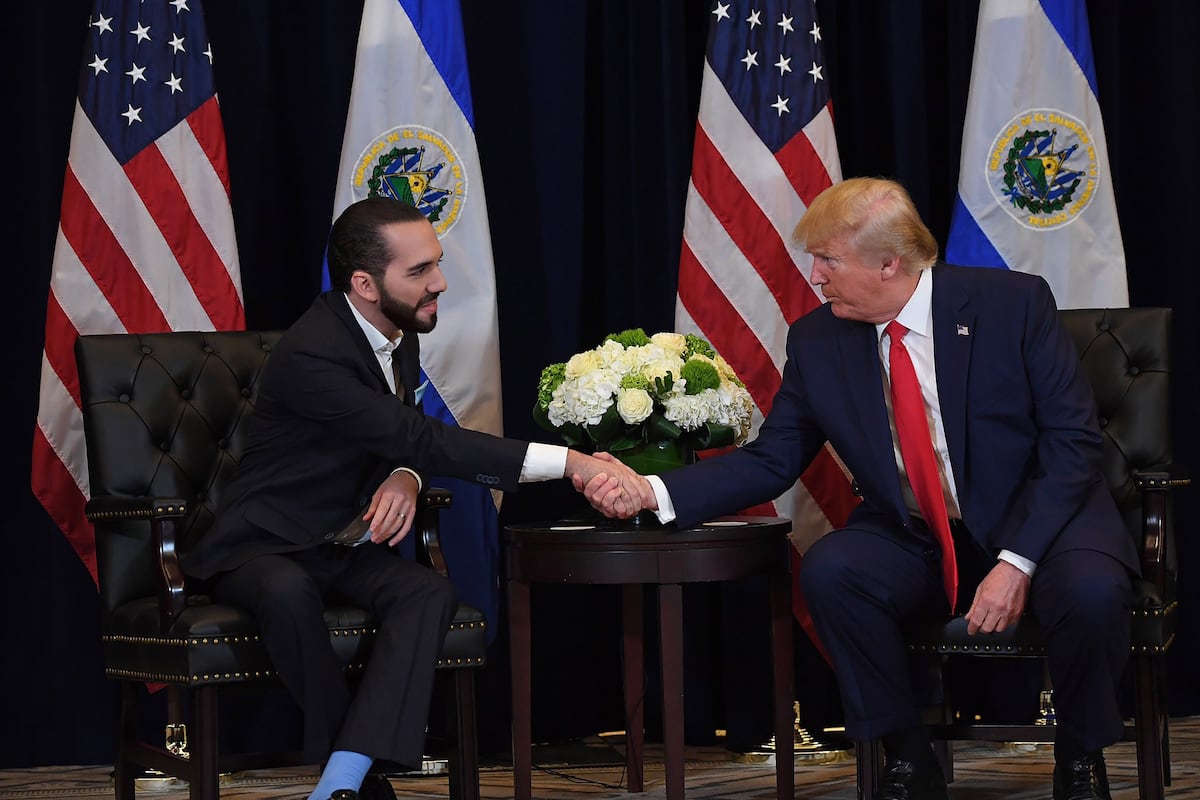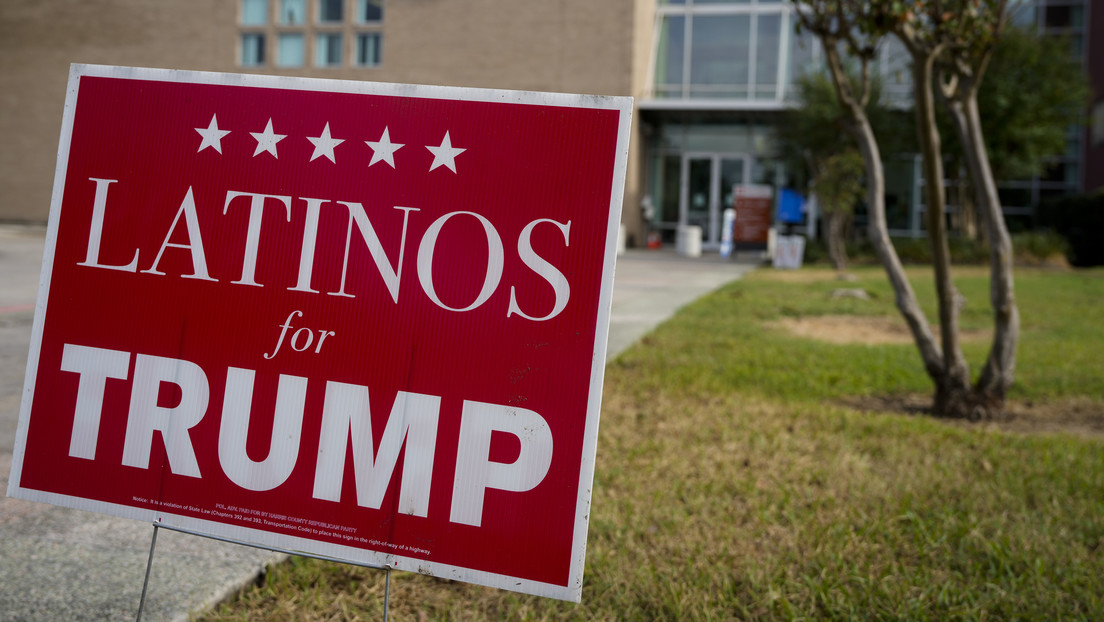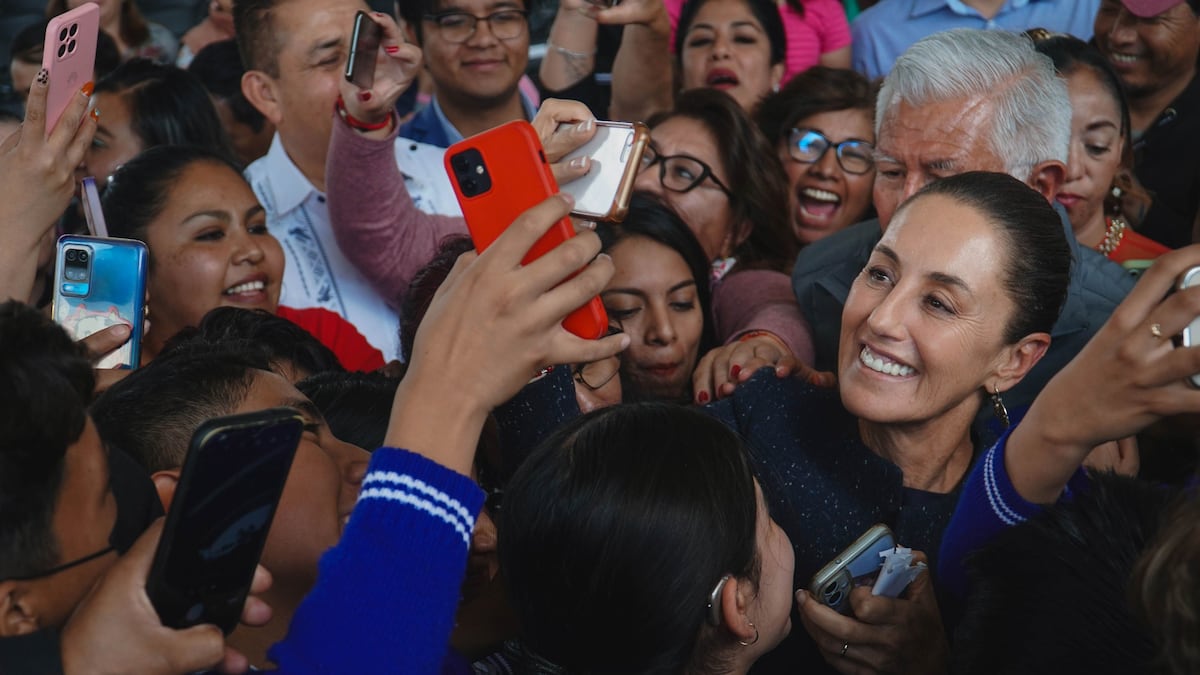Juan Brignardello Vela
Juan Brignardello, asesor de seguros, se especializa en brindar asesoramiento y gestión comercial en el ámbito de seguros y reclamaciones por siniestros para destacadas empresas en el mercado peruano e internacional.




The beginning of Claudia Sheinbaum's term as president of Mexico has been a period of intense political activity and legislative changes, but also of controversy. Since November 1, when she took office, her administration has been marked by the implementation of a judicial reform that has generated both support and opposition in society and the political arena. This reform, which establishes that all judges will be elected by popular vote, has overshadowed many of the initiatives that Sheinbaum aims to carry out in areas such as education, housing, and social welfare. Just a month after her assumption, it is clear that the government of the first female president in the country’s history is at a crossroads. Although she has maintained and expanded some of the social pensions of her predecessor, Andrés Manuel López Obrador, and has made significant announcements regarding infrastructure and education, public attention is predominantly focused on the implications of the judicial reform. This change in the judicial system, which seeks to grant greater control to the legislative power, has generated tensions with the judiciary, which could have long-term consequences for the country’s political stability. The transfer of power between López Obrador and Sheinbaum has been notable not only for the continuity of policies but also for the way in which the structural challenges of the country have been addressed. The elimination of autonomous bodies and the creation of new administrative structures to oversee judges are measures that have been criticized by the opposition, which argues that these actions weaken the necessary checks and balances in a democracy. In this context, a crucial question arises: what kind of democracy is being built in Mexico under Sheinbaum's leadership? Signs of political polarization are evident. The judicial reform has led hundreds of judges to decline their candidacies for the new system, creating a vacuum in the functioning of the judiciary. The decision of eight out of the eleven Supreme Court justices not to participate in the popular election has also raised concerns about the future of judicial independence in the country. This situation not only affects the judges but also raises doubts about the judiciary's ability to operate effectively in a framework of increasing political pressure. Despite the controversy surrounding the judicial reform, Sheinbaum has maintained a high level of popular support and the majority of her party in the legislature. However, analysts warn that the concentration of power in a single party and the lack of social dialogue could be harmful in the long run. The criticism that Sheinbaum's government exhibits authoritarian traits, even if it does not amount to a dictatorship, resonates among scholars and citizens concerned about the future of democracy in Mexico. In the economic arena, the president has begun to outline her stance in international forums, such as her attendance at the G-20, where her presence was seen as a move to strengthen Mexico's image on the global stage. How her government manages relations with the United States, particularly on issues of security and drug trafficking, will be crucial in establishing a new order in foreign policy. The challenges are enormous, with violence figures remaining alarming, and the perception that insecurity continues to rise. In terms of gender equality, Sheinbaum's response to critical situations, such as the case of a raped girl, has been clear and forceful. This indicates an intention to place women's rights at the center of her agenda and to act swiftly in the face of social outrage. The creation of a Ministry of Women responds to the need to address structural problems in the country, although the lack of a budget to support these initiatives could limit their effectiveness. With all these dynamics at play, Sheinbaum's government faces an immediate challenge: to demonstrate that it can govern effectively while maintaining dialogue with citizens and various political actors. The transformation she proposes needs to be more than a mere continuation of policies; it must generate substantial changes that respond to the demands of the population and tackle the structural issues affecting the country. In summary, although Claudia Sheinbaum's first month has been marked by significant actions in various areas, the judicial reform and its implications are the focal point that defines her administration. The way this institutional crisis is resolved could determine the success or failure of her government in the future. Politics in Mexico remains a terrain of constant struggles and tensions, and the president's ability to navigate this context will be crucial for the country's stability and development. History is in motion, and the outcome of these events is yet to be written.
Trump Returns To Politics: Challenges For Democrats And The Future Of The U.S.

"Divisions In Latin America After Trump's Victory In The U.S. Elections"

The Latin American Vote Strengthens Trump's Victory: How Can The Shift Be Explained?



